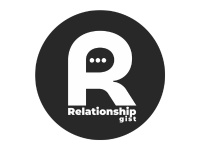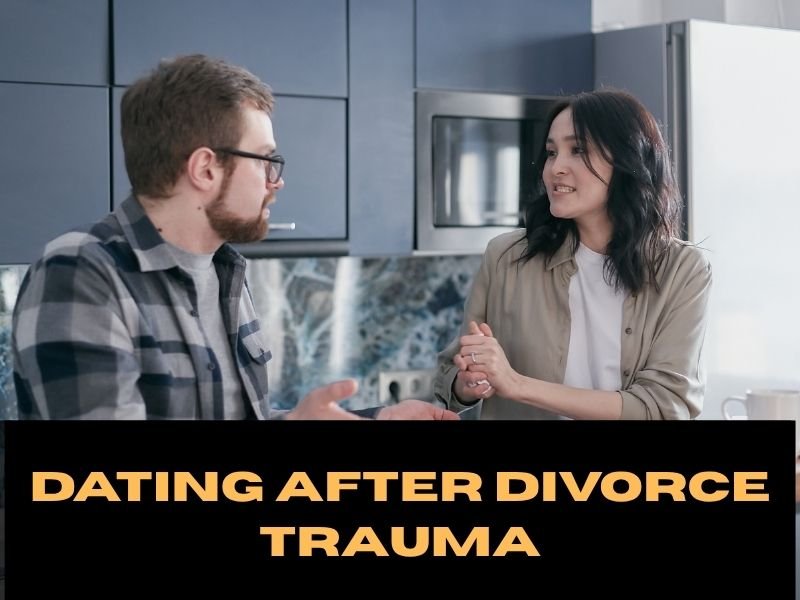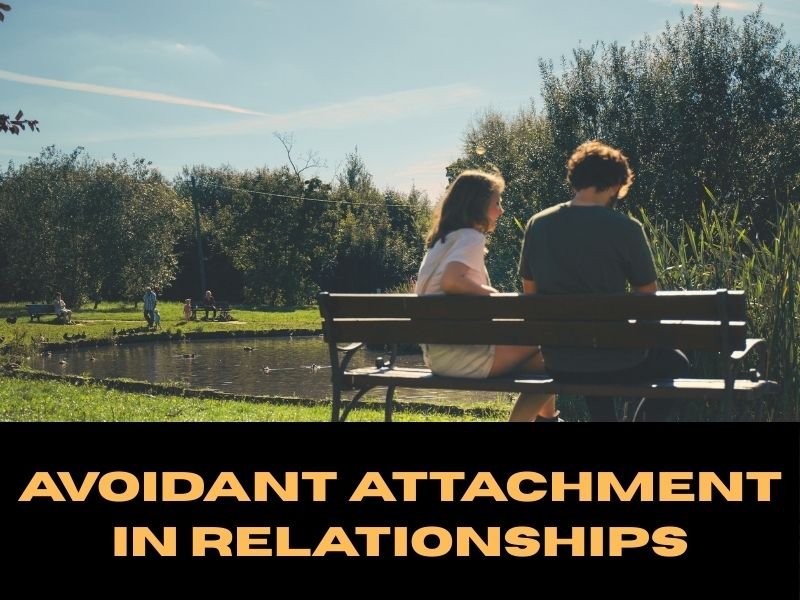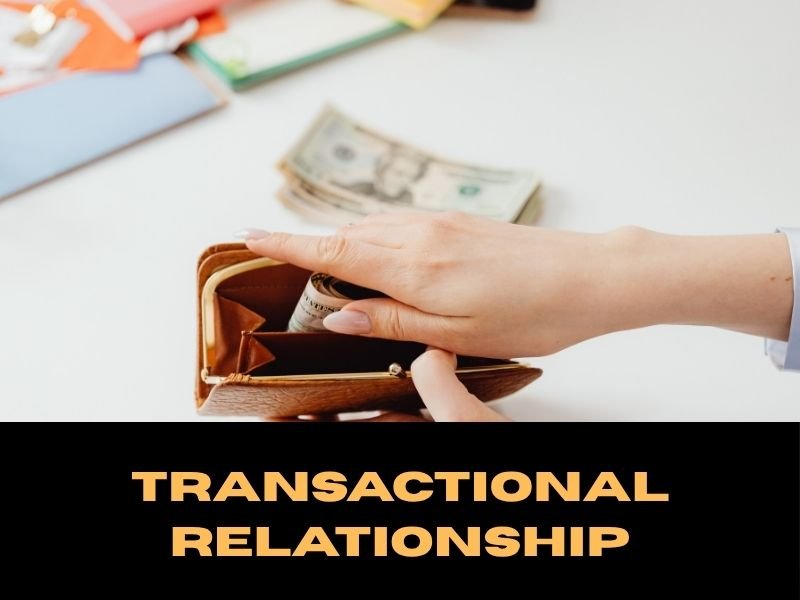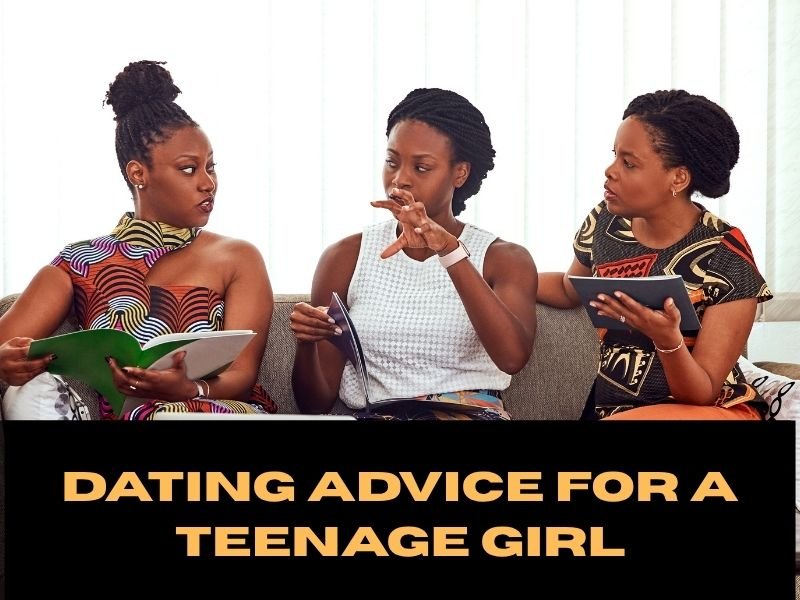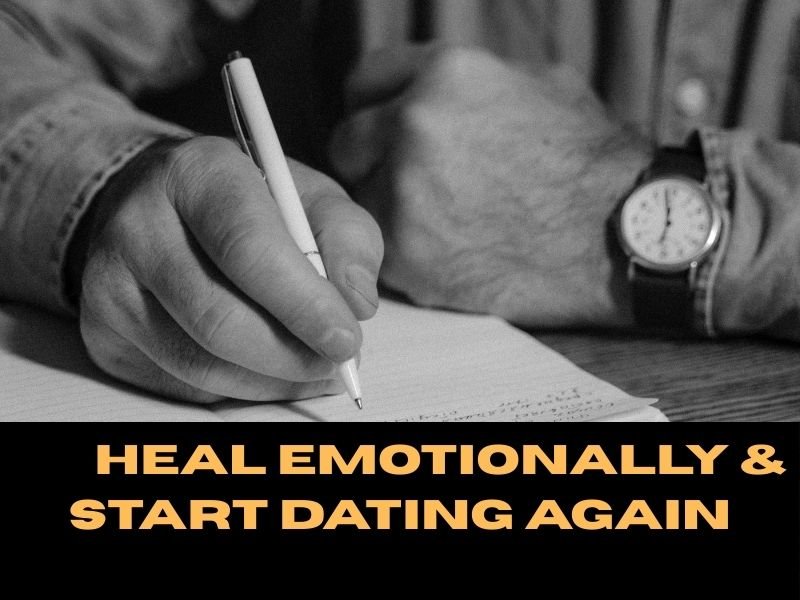Divorce isn’t just the end of a relationship, but it is most often the quiet collapse of one’s emotional foundation. The person you once loved, trusted, and built your dreams with has now become part of a painful chapter, and now you are left wondering if love is worth the risk again. The anxiety of dating after divorce is overwhelming. Not only does it come with fear of rejection, but it’s fear of reliving the same heartbreak, of trusting too soon, or of feeling too vulnerable. If you are in the USA or UK, where dating culture can feel fast-paced or emotionally detached, it can be even more intimidating.
But healing is not linear, and rediscovering love starts from within. You don’t need to rush or force yourself into a new relationship to feel whole again. Instead, you can take deliberate, empowering steps that nurture your emotional well-being and restore your confidence. This article is carefully designed to help you take back control of your love life slowly, calmly, and authentically. It’s time to feel emotionally safe in love again, not just available.
Learn From The Past Before Moving On
Before diving back into dating, it’s essential to recognize that divorce is a form of trauma, one that can deeply affect how you trust, love, and relate to others. Individuals tend to minimize the emotional scars of separation, attempting to move on too quickly or pretending it didn’t hurt. My advice to divorced people is to get counseling so that they can learn from the past about who they are and why they failed, before venturing into another relationship. Getting into a new relationship again will not solve the problems from the first relationship; they need to be solved before dating again because subsequent relationships bring a whole new set of problems.
By facing your emotions head-on, be it anger, sadness, guilt, or fear, you begin the process of healing authentically. Journaling, therapy, or simply talking with a trusted friend can help you unpack what went wrong and how it affected you. This reflection is not about blaming, but it’s about understanding. Only when you acknowledge the depth of your pain can you begin to rebuild from a place of emotional clarity and strength. If you have learned something from the past, you will be better equipped to deal with the future. Give yourself space to grieve the loss, not just of the person but of the shared dreams, identity, and future that once existed.
Forget About The past
The past is where the failure is, where the pain is. Let the past go. If a person is forgiven by God, they can then forgive themselves and turn away from the past. Dwelling on what happened, what might have been done differently, and why it all happened will not change the past, but it will only keep the past alive in your present. If you are the guilty party, this goes to you as well as the victims of a failed relationship. Trying to fix the past by punishing ourselves, punishing our ex-partner, or bargaining with God only manages to delay healing.
Some people do not want to heal because constant pain is their way of trying to atone for their past failure in their relationship. If they heal, they have nothing to offer their conscience or God and are afraid of punishment. Forget about what lies behind and reach forward to what lies ahead. If you are the guilty party, forgiving yourself is a way to show that you have refused to dwell on the failure of your previous relationship. Forgetting the past is not only a healthy thing to do, but it is the ongoing way that we express our readiness to date again.
Rebuild Self-Trust and Personal Identity
After a divorce, especially one marked by betrayal or prolonged conflict, it’s common to doubt your own judgment. You may ask yourself, “How did I miss the signs?” or “Can I ever trust myself again?” Rebuilding self-trust is a crucial step in regaining confidence and approaching dating with a healthier mindset. You are not the same person you were before the divorce, and that’s not a bad thing. Growth sometimes comes through pain.
Take time to reconnect with your values, passions, and strengths outside the context of a relationship. Whether that’s pursuing a new career path, traveling, rediscovering hobbies, or simply enjoying solitude, reclaiming your identity will remind you that you are whole on your own. In the USA, UK, and globally, where independence is often prized, rediscovering self-worth isn’t just empowering, but it’s necessary before forming new emotional bonds.
Manage Emotional Triggers with Compassion
Dating after divorce trauma is normal, but it often brings up emotional landmines, and certain words, gestures, or situations may unconsciously trigger painful memories. You might freeze during moments of vulnerability or feel an overwhelming urge to shut down emotionally. These reactions are not signs of weakness; they are protective responses your mind developed to survive a painful chapter of your life.
Instead of judging yourself harshly, practice emotional awareness with compassion. Name your feelings without shame and create safety rituals, like journaling, breathing exercises, or scheduled timeouts during dates, to regulate your emotions. In both the UK and the USA, therapy and emotional wellness support are increasingly normalized, so don’t hesitate to seek help. Healing doesn’t mean forgetting the past; it means learning to live freely despite it.
Redefine Your Relationship Values
After the trauma of divorce, it is crucial to reflect on what values truly matter in a future relationship. Many individuals, especially in the USA and UK, enter new romantic situations carrying unresolved expectations or outdated beliefs from their past relationships. Take this opportunity to ask yourself: what are your non-negotiables now? Emotional safety, mutual respect, communication, and shared vision- these may hold a different weight than they once did. And so, rebuilding your values means aligning your emotional needs with your current stage of life, not the one you left behind.
For instance, consider Emily, a 41-year-old single mother from California. In her previous marriage, she prioritized financial security above emotional connection. After her divorce, she realized her next relationship had to be rooted in deep emotional trust and open dialogue. Through therapy, journaling, and intentional reflection, she redefined her core values and began dating again with purpose. Like Emily, your healing begins when your standards evolve from a place of growth, not fear. This intentional clarity helps you avoid repeating patterns and empowers you to choose a partner who respects your emotional foundation.
Prioritize Emotional Safety Over Excitement
After going through divorce trauma, it’s natural to crave that spark, the butterflies, the intense attraction, the chase. But if you are completely honest with yourself, those highs can feel a lot like the emotional roller coasters you swore you’d never ride again. This is why emotional safety, not adrenaline, should be your new baseline. It should be about being with someone who calms your nervous system, not confuses it. Someone who listens without judgment, who doesn’t make you question your worth or beg for clarity. That kind of connection may not necessarily be flashy, but it’s the one that truly heals.
Think about texting someone who actually replies on time, speaks kindly, and respects your emotional boundaries. No guessing games. No stomach knots. Just ease. It may feel unfamiliar at first, even boring, but it’s not. It’s peace. And peace is powerful, especially when your heart has been through hell. Choosing emotional safety over surface-level thrill is one of the most radical, loving things you can do for yourself as you start dating again.
Redefine Intimacy on Your Terms
After a divorce, intimacy can become a confusing, even intimidating concept. You may question what feels right, what feels forced, and whether you’re even ready to be that emotionally or physically close to someone again. Redefining intimacy doesn’t just mean sexual intimacy, but it means connection, trust, vulnerability, and emotional closeness. It’s about setting your own pace and letting yourself rediscover the joy of being seen and accepted exactly as you are, scars and all.
For instance, you might find more intimacy holding hands during a quiet walk than in a long night of flirtation. Or sharing a vulnerable text after a tough day might feel deeper than any romantic gesture. These are the moments that rebuild your trust in love, small, genuine, and safe. Let go of societal timelines and expectations. You’ve been hurt so much already, yes, but you are not broken. You are allowed to rebuild love gently, slowly, and this time, on your own terms.
Learn the Art of Emotional Check-Ins
In post-divorce dating, emotional awareness is more than vital. Your feelings may fluctuate, and excitement can turn into overwhelm, and comfort may suddenly give way to doubt. Emotional check-ins help you stay grounded. They are not about overanalyzing, but gently asking yourself, “How do I feel in this moment? What do I need right now?” This self-awareness acts as a buffer against falling into old patterns or ignoring red flags.
Make it a habit to pause after dates or conversations and reflect honestly. Did you feel respected? Did you feel heard? Were you shrinking yourself to be liked? Emotional clarity is your protection and your power. You deserve a connection that nourishes your spirit, not depletes it. Dating again is not just about finding love, but it’s about honoring your emotional well-being along the way.
Communicate Boundaries Clearly and Early
After the emotional upheaval of a divorce, your boundaries may have shifted. That’s normal. What matters now is learning how to communicate them with clarity and confidence, and honestly. And so, whether it’s how often you want to talk, your comfort with physical and emotional intimacy, or your expectations for exclusivity, being upfront will protect both your heart and your time. Boundaries aren’t barriers, but they are bridges to deeper understanding.
It might feel intimidating to set boundaries early, especially if you are worried about scaring a potential partner off. But the right person will understand and respect them. You could say, “I move slowly when it comes to emotional intimacy,” or “I’d prefer we keep communication light during weekdays due to work stress.” These statements do signal emotional maturity. In post-divorce dating, clarity is a gift to both you and your potential partner.
Allow Vulnerability Without Rushing Attachment
Vulnerability is essential to rebuilding trust, but after divorce trauma, opening your heart again can feel risky. It’s okay to be cautious; what matters is finding a pace that allows you to show up honestly without overwhelming yourself or your date. Sharing small personal truths, like your fears about dating again or what you learned from your past relationship, creates emotional closeness without forcing deep attachment too quickly.
Instead of diving headfirst into a new emotional bond, test the waters by gradually letting someone see the real you. For example, you might say, “I’ve realized I’m still learning how to trust again, but I want to try.” This invites connection without expectation. Healthy relationships aren’t built on fast attachment, they grow from steady, mutual vulnerability over time.
Don’t Let Fear Write Your Future
Fear is natural after trauma, fear of being hurt again, of trusting the wrong person, or of repeating past mistakes. But when fear dominates your dating life, it can rob you of meaningful connection. It whispers doubts where there should be hope, and builds walls where bridges could grow. Acknowledging your fear is healthy, but allowing it to dictate your future will only leave you stuck in your past.
Instead of shutting down when something feels unfamiliar, ask yourself: is this discomfort from danger or from growth? There’s a difference. That anxious flutter you feel before a first date might be nerves, but it might also be a sign you care again. Don’t confuse past trauma with present intuition. Let courage be your moral compass, not fear. You’ve survived heartbreak. You are capable of more strength than you know.
Conclusion: Your Heart Still Deserves Love
Dating after divorce trauma is not just about finding someone new, but it’s about rediscovering who you are when you are no longer defined by pain. You’ve walked through heartbreak, maybe betrayal, and certainly deep emotional wounds. That makes you stronger, more empathetic, and deeply aware of what a healthy, nurturing relationship should feel like. Healing doesn’t erase the past; it reclaims your future. And as you step back into the dating world, know that you bring hard-earned clarity and wisdom with you.
Take each experience at your own pace. If a date doesn’t go well, it’s not a failure; it’s a filter. Every time you choose self-respect over people-pleasing, every time you say “no” to deal breakers, or let your authentic self be seen, you’re rewriting the story of what love can mean for you now. Don’t settle because you feel lonely; wait for the one who sees your strength, respects your journey, and walks beside you, not in front or behind. In the UK, USA, and all over the world, millions of divorcees are finding real love again, and so can you. Healing isn’t about going backward. It’s about daring to move forward with a braver heart.
